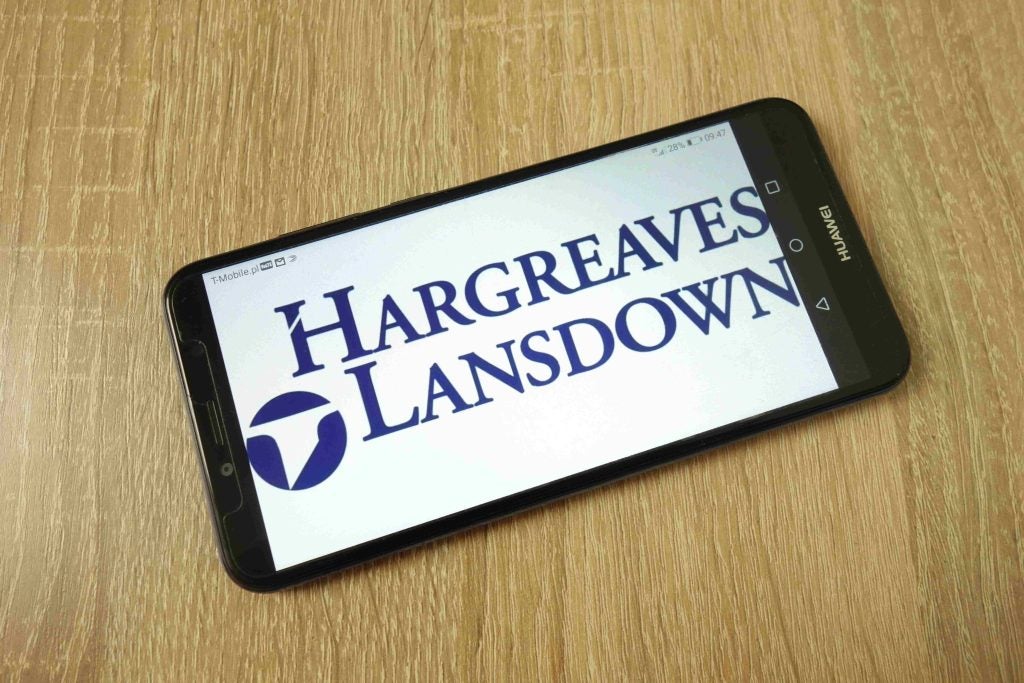The mass-affluent segment has been a rising force in the GCC region, increasing at a faster rate than the HNW and UHNW clientele. The number of expats entering the region is a significant driver of this mass affluent segment. However, are international private banks operating in the region maximising the prospects of servicing this growing segment? John Schaffer finds out
The Gulf Cooperation Council (GCC) is a region that is associated with vast sums of wealth, mainly derived from oil. Qatar, for example, is the richest country per capita in the world with a GDP per capita value of $105,091.42.
A captive market for the wealth management industry, the region has experienced a steady rise in the high net worth (HNW) and ultra high net worth (UHNW) population. According to WealthInsight, Saudi Arabia had a HNW population of 49,168 in 2014 and the UAE had the greatest population of HNWIs in the region at 50,595.
However, the wealth management market is highly competitive in the GCC with 68 private banks active in the region. As institutions are squeezed to compete for the business of HNWI and UHNWI clients, a segment that is potentially lucrative but has often been underserviced is the mass affluent clientele.
How well do you really know your competitors?
Access the most comprehensive Company Profiles on the market, powered by GlobalData. Save hours of research. Gain competitive edge.

Thank you!
Your download email will arrive shortly
Not ready to buy yet? Download a free sample
We are confident about the unique quality of our Company Profiles. However, we want you to make the most beneficial decision for your business, so we offer a free sample that you can download by submitting the below form
By GlobalDataA report from Strategy& (GCC Private Banking Study 2015) suggests that the massaffluent segment (individuals with investable assets of over $200,000) has been growing at a faster rate than the HNW and UHNW segments in the GCC, with a compound annual growth rate (CAGR) of 21% in 2014.
The report also suggests that the GCC has been the most consistent emerging market, recording growth of 16% or more each year since 2010 and doubling total private wealth from £1.1tr to $2.2tr for an overall CAGR of 17.5%. The most significant wealth areas are Saudi Arabia and the UAE – together accounting for 74% of the GCC region’s private wealth. Dubai, with its large concentration of both international and domestic private banks, has a HNWI population of approximately 30,000, which accounts for 58.4% of the UAE’s HNWI population.
Daniel Diemers, partner at Strategy& and co-author of the recent report, says that one reason for the growth of the mass-affluent population in the GCC has been due to geopolitical events, causing an influx of people to the region after the Arab Spring, with the GCC being viewed as a "safe haven".
"If you were a middle manager at a bank or in an industry corporation in North Africa during Arab Spring – for many, the GCC was seen as the safe haven where you could move to and continue your career." he says. The report also suggests that government spending is a driving force in the mass-affluent segment’s rise with spending in Oman increasing by 50% from 2010-13, creating 100,000 jobs.
The dominant ‘ultra-wealthy’ focus
The GCC’s private banking landscape is made up of both the large international players, who are primarily focussed on the ultra wealthy segment, and local banks that mainly target the HNWs, the lower-end of the HNW segment, and the mass-affluent section.
The leading GCC domestic banks offering private banking services include Emirates NBD Bank, Emirates Investment Bank, Mashreq, Abu Dhabi Commercial Bank, First Gulf Bank and Saudi Arabia’s National Commercial Bank, Samba and Riyad Private Bank.
Nigel Sillitoe, CEO at emerging economiesfocussed market intelligence business, Insight Discovery, tells PBI that although domestic private banks may wish to target clients with higher wealth levels, they "don’t have nearly as advanced fund platforms or offerings, apart from a few who have a large presence in Switzerland", and are therefore limited to servicing lower wealth bands.
Foreign banks in the region mostly concentrate on the ultra wealthy. According to WealthInsight, in 2014 the UHNWI population in Saudi Arabia was 847, and 658 in the UAE. This results in a highly competitive market for private banks, especially when many UHNWIs spread their assets across multiple lenders.
Switzerland-headquartered Credit Suisse, for instance, has no involvement with servicing mass-affluent individuals. Bruno Daher, CEO of Credit Suisse, MENA region, says:
"Our clients in the region consist mostly of UHNW individuals and wealthy families including entrepreneurs, sovereigns, non-resident Indian and Arab expat communities. On the institutional side, we work with leading Family Offices, corporates, financial institutions and sovereign wealth funds (SWFs).
"UHNW clients are of strategic importance for Credit Suisse and account for 75% of our business in the Middle East."
Challenging market
Although there has been a significant growth in the mass-affluent segment, international banks’ focus on the upper-end of the wealth segments is unlikely to waiver.
Diemers says that a factor dissuading international players from servicing mass-affluent clients may be customers’ affinity towards branches, as implementing a "bricks and mortar" strategy is expensive. He adds the regulatory environment can be a further challenge as banks have to deal with difficulties of cross-border jurisdictions, with clients including Arab locals, Indian and western expats.
Diemers suggests that international players could roll-out digital wealth management platforms to strategically target mass-affluent
clients, adding, however, that it’s unlikely to happen in the near future unless there’s an invitation from regulators to do so.
"Boutique" entrant
The innate challenges of the GCC region have caused a number of international players to exit the market in recent years, including Pictet, Coutts, Vontobel and Morgan Stanley.
Despite the various exits, London-headquartered private bank Arbuthnot Latham opened its Dubai office in 2013 and manages the wealth of approximately 120 clients. Paul Millar, MD for international private banking at Arbuthnot Latham, says "the contraction in the market was seen as an opportunity".
He adds that the exit of British private banks such as Lloyds and Coutts crafted out a niche for Arbuthnot. "The fact that we are still wearing the British flag is a differentiator. There are natural alliances and loyalty in this part of the world towards the UK."
The boutique British bank’s Dubai client base largely comprises British and European expats, accounting for approximately 60% of it’s clients in the region. However, Millar suggests that, more recently, Arbuthnot has been attracting NRI and indigenous local Arab clients within the UHNW wealth band.
Millar adds another differentiator is ‘independence’. "We don’t manufacture our own products. Our investment management team is nimble in its approach. We can go to the best in the market without restrictions."







